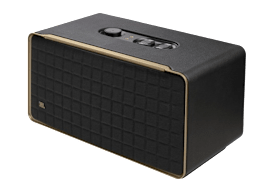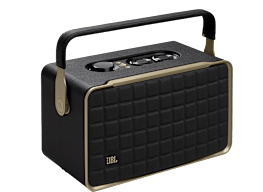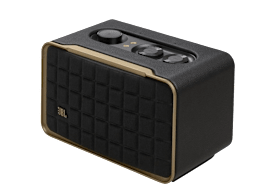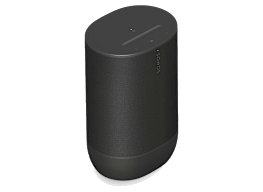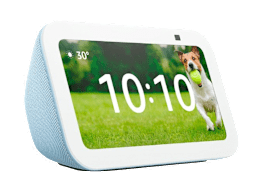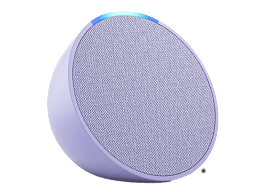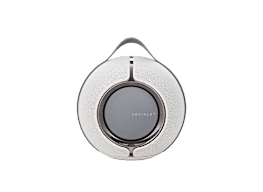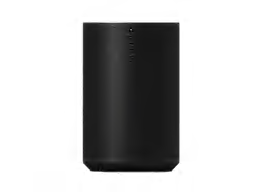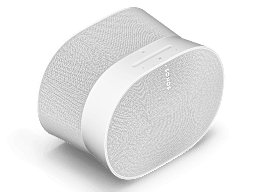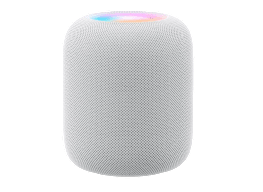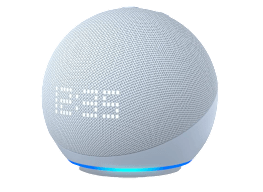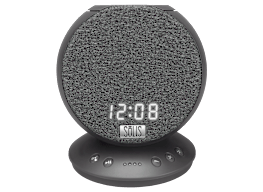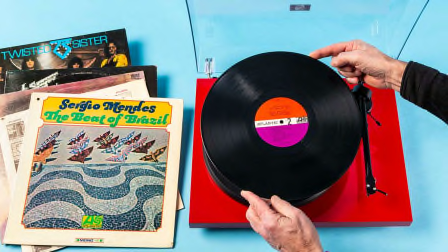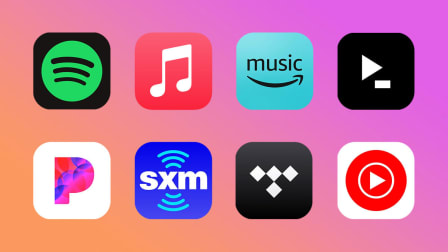Why Smart Speakers Are Your Gateway to the Smart Home
Thousands of connected products work with leading smart speakers, and the list is growing
When you shop through retailer links on our site, we may earn affiliate commissions. 100% of the fees we collect are used to support our nonprofit mission. Learn more.
Within the past few years, smart—or internet-connected—devices and appliances have made it possible to have your washer alert you by phone when the spin cycle is done, adjust the thermostat before you get home, and unlock your front door from anywhere in the world.
And many people are finding that the best way to step into the world of the connected home is to invest in a smart speaker, such as the Amazon Echo, Apple HomePod Mini, or Google Nest.
According to a 2020 report by the Consumer Technology Association, smart speaker sales continue to rise, with 39 percent of American households owning a device, up by 8 percent from the year before.
What Smart Speakers Can Do
Smart speakers connect to the internet, and like a smartphone, they also have a personal digital assistant (Amazon Alexa, Apple Siri, or Google Assistant) that responds to verbal commands.
Smart speakers can tell you the weather forecast, provide driving directions, and answer simple questions. (“Alexa, who was the seventh president of the United States?”) You can ask a smart speaker any question you’d type into a search bar on a computer, which makes the devices convenient for a wide cross-section of users, from older adults who have trouble typing to cooks who need a hands-free way to mute the Mozart while they’re up to their elbows in raw chicken.
Smart Speaker as Smart Home Hub
Smart speakers are useful on their own, but they can also control other smart-home devices. For instance, you can pair your smart speaker with a video doorbell and use it to talk to arriving guests or pair it with a smart lock. You can also use your voice to turn lights on or off without having to leave your couch or bed.
Those capabilities can be appealing to many consumers, and they can make daily tasks much easier for people with limited mobility.
Editor’s Note: This article has been updated since it first appeared in the October 2018 issue of Consumer Reports magazine.

















